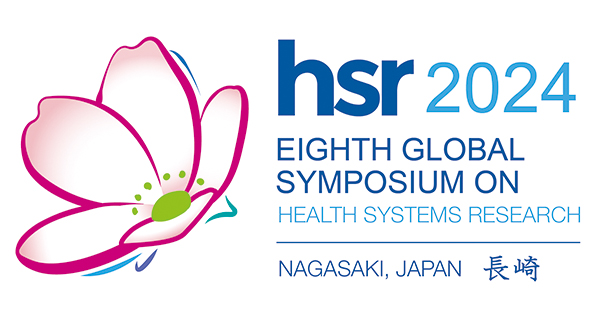Kumiko Goto
 One year has passed since I graduated from Nagasaki University, Graduate School of International Health Development. Now I work in Zambia on the Maternal, Newborn and Child Health project. One of my goals, which was to work in the field of public health in Africa again after I left the JOCV, has finally come true.
One year has passed since I graduated from Nagasaki University, Graduate School of International Health Development. Now I work in Zambia on the Maternal, Newborn and Child Health project. One of my goals, which was to work in the field of public health in Africa again after I left the JOCV, has finally come true.
During the course I was inspired by a message from Prof. Aoki, former dean of our course, who claimed that in the area of public health, we must see things from the view of both birds and earthworms, in other words, to see the entirety of the situations and issues from above and as an individual from the ground. This message was reinforced through the various lectures by our professors with their rich backgrounds. I learned that perceptions regarding diseases are based on the local culture and traditions, differing among various societies. Therefore, it is essential to take into account the context and setting when dealing with them.
Apart from the lectures, the internship during the second year of the course gave me more comprehensive and practical ideas on how we needed to construct our project in order to confront the issues with the help of the local people, and what expertise and skills were expected when in the field.
The project that I am currently engaged in in Zambia aims to prevent “the three delays” associated with maternal death by constructing maternity waiting houses and training the community health workers. I always remind myself to maintain the multiple perspectives that I gained in this course and take the opinions of local people into consideration for my project.
(JOICFP-Zambia, Maternal, Newborn and Child Health (MNCH) One stop service project in Zambia.)

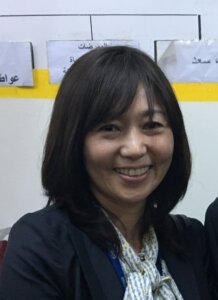 As a nurse and midwife, I have been involved in the clinical care of women with social and economic difficulties, as well as in humanitarian assistance in disaster areas for NGOs. Through those experiences, I noticed refugee and migrant women and children were particularly vulnerable under those settings, so I wanted to learn how to build a system that facilitates access to health, which is a key role for the empowerment of them.
As a nurse and midwife, I have been involved in the clinical care of women with social and economic difficulties, as well as in humanitarian assistance in disaster areas for NGOs. Through those experiences, I noticed refugee and migrant women and children were particularly vulnerable under those settings, so I wanted to learn how to build a system that facilitates access to health, which is a key role for the empowerment of them.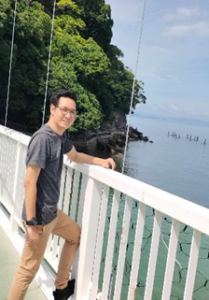 TMGH is dedicated to improving global health via innovative research, education, and collaboration. With a faculty of renowned professionals and state-of-the-art facilities, TMGH provides a supportive academic development and innovation atmosphere.
TMGH is dedicated to improving global health via innovative research, education, and collaboration. With a faculty of renowned professionals and state-of-the-art facilities, TMGH provides a supportive academic development and innovation atmosphere.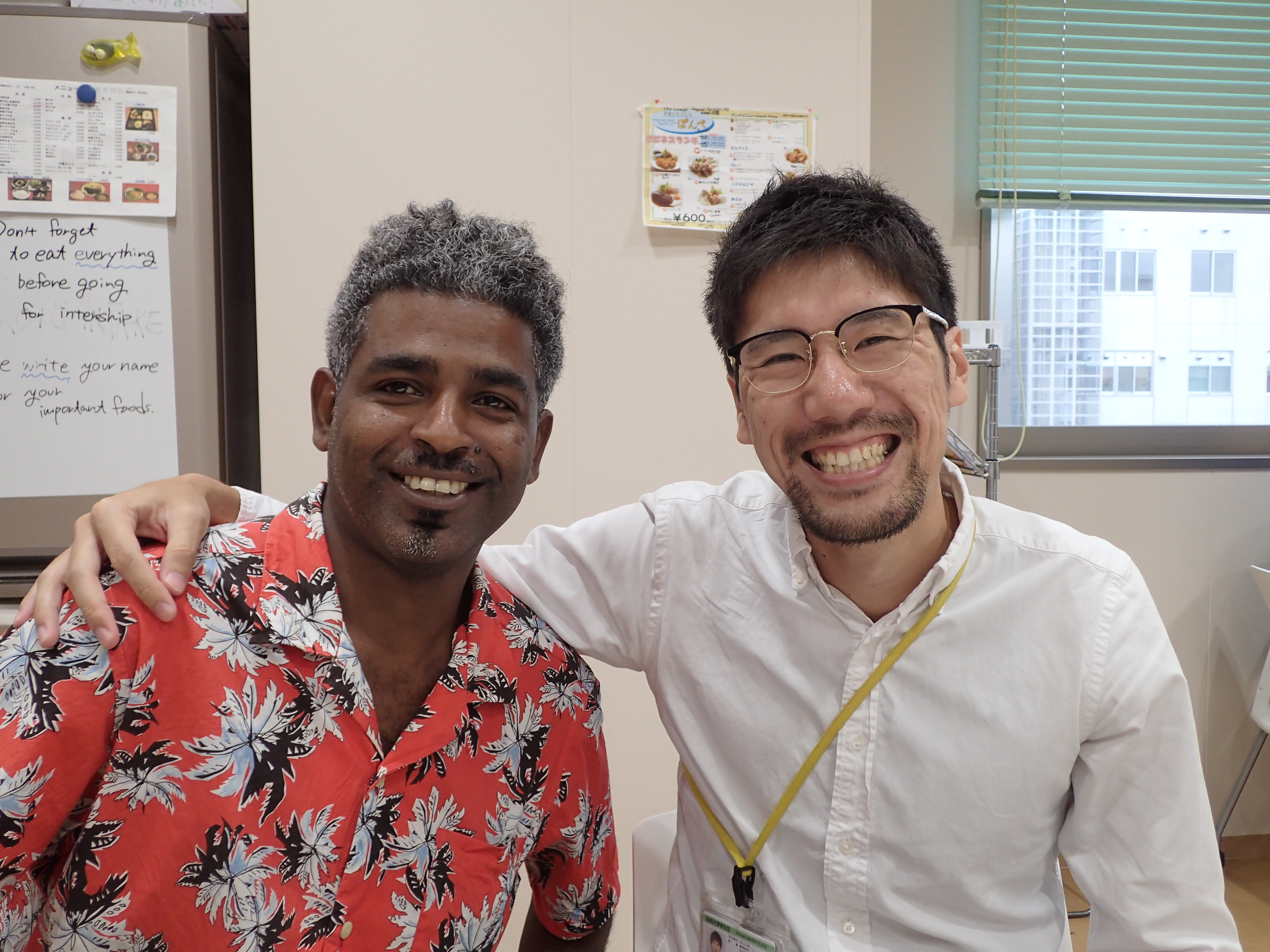 Hello, my name is Takuya Shizume (right). I am a 1st batch, Master of Public Health candidate, Tropical Medicine and Global Health, Nagasaki University.
Hello, my name is Takuya Shizume (right). I am a 1st batch, Master of Public Health candidate, Tropical Medicine and Global Health, Nagasaki University.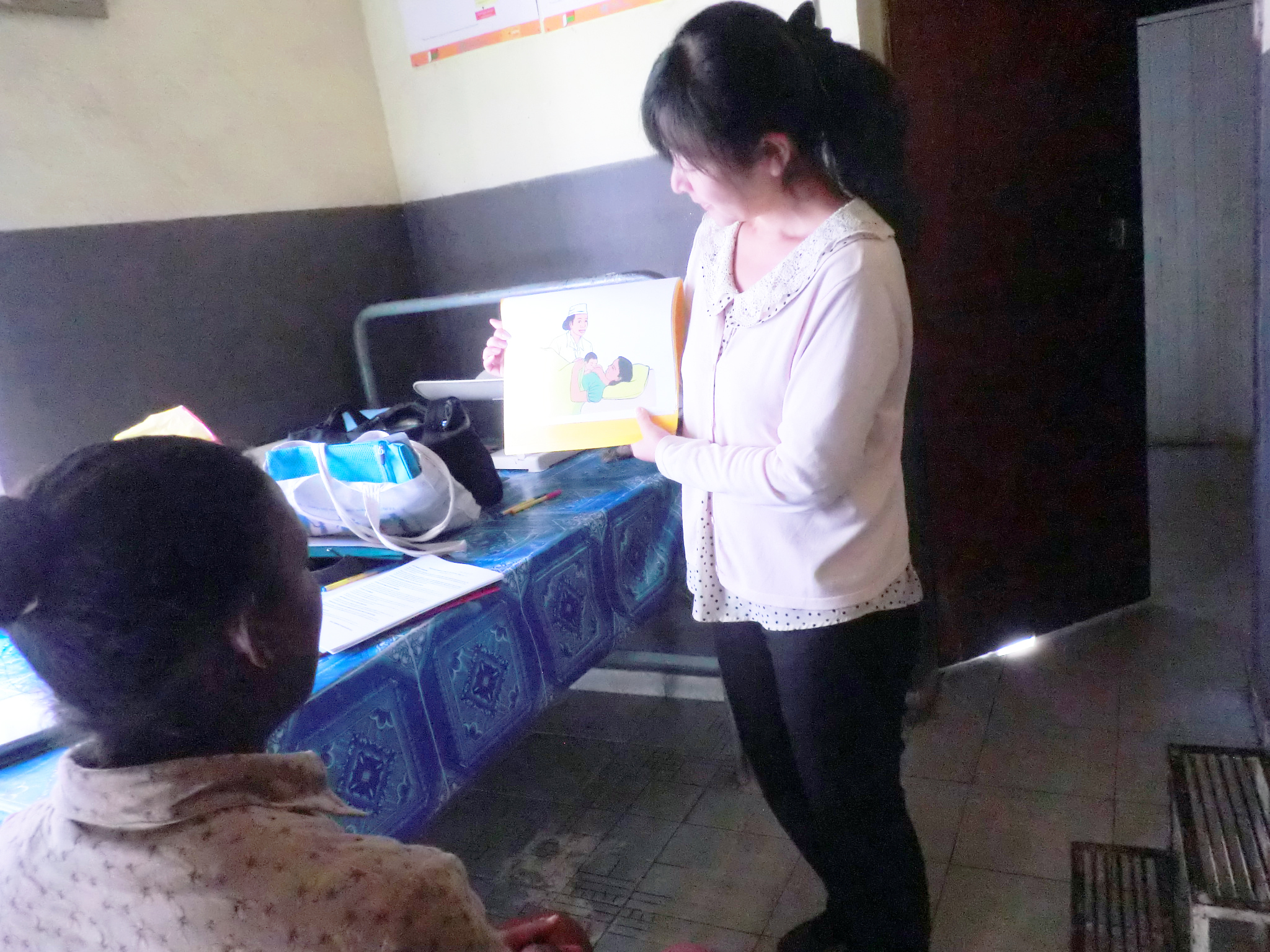 The experiences I went through as a 1st batch student of TMGH were more than what I had expected before I entered the School. Specialized lectures such as Tropical Medicine and Global Health, the practical skills gained through the long-term internship, and research activities which allowed me to pursue what I had wanted to demonstrate were every feature of my TMGH achievements. Every lecture held during the 1st year was essential to my internship and research activities conducted in the 2nd year, therefore, the learning process of TMGH which allowed students to gain knowledge and also practical skills is reasonable and rational.
The experiences I went through as a 1st batch student of TMGH were more than what I had expected before I entered the School. Specialized lectures such as Tropical Medicine and Global Health, the practical skills gained through the long-term internship, and research activities which allowed me to pursue what I had wanted to demonstrate were every feature of my TMGH achievements. Every lecture held during the 1st year was essential to my internship and research activities conducted in the 2nd year, therefore, the learning process of TMGH which allowed students to gain knowledge and also practical skills is reasonable and rational.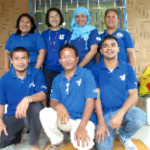 I have been working as a project manager as part of an NGO for the Community Development with Indigenous Children in Mindanao project in the Philippines for one year. I have experienced a lot such as going to the project area, which was on a mountain, by motorbike, participating in discussions with stakeholders such as the Department of Education, and having long staff meetings at the office.
I have been working as a project manager as part of an NGO for the Community Development with Indigenous Children in Mindanao project in the Philippines for one year. I have experienced a lot such as going to the project area, which was on a mountain, by motorbike, participating in discussions with stakeholders such as the Department of Education, and having long staff meetings at the office. One year has passed since I graduated from Nagasaki University, Graduate School of International Health Development. Now I work in Zambia on the Maternal, Newborn and Child Health project. One of my goals, which was to work in the field of public health in Africa again after I left the JOCV, has finally come true.
One year has passed since I graduated from Nagasaki University, Graduate School of International Health Development. Now I work in Zambia on the Maternal, Newborn and Child Health project. One of my goals, which was to work in the field of public health in Africa again after I left the JOCV, has finally come true.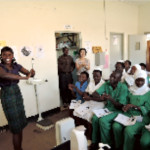 Since completing my studies at the graduate school, I have been working as a clinical researcher in a public hospital located in a small city in Eastern Uganda alongside local NGOs and research organizations from the UK. Although I am trying my utmost to put into use the knowledge and experience I acquired from graduate school, and to open myself to new findings, there are many questions and challenges I face in the field every day.
Since completing my studies at the graduate school, I have been working as a clinical researcher in a public hospital located in a small city in Eastern Uganda alongside local NGOs and research organizations from the UK. Although I am trying my utmost to put into use the knowledge and experience I acquired from graduate school, and to open myself to new findings, there are many questions and challenges I face in the field every day.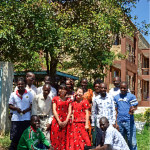 I took part in the Japan Oversea Cooperation Volunteer program as a nurse in Senegal and felt the importance of international health cooperation. I also believed that being a part of that was a rewarding experience for me.
I took part in the Japan Oversea Cooperation Volunteer program as a nurse in Senegal and felt the importance of international health cooperation. I also believed that being a part of that was a rewarding experience for me.